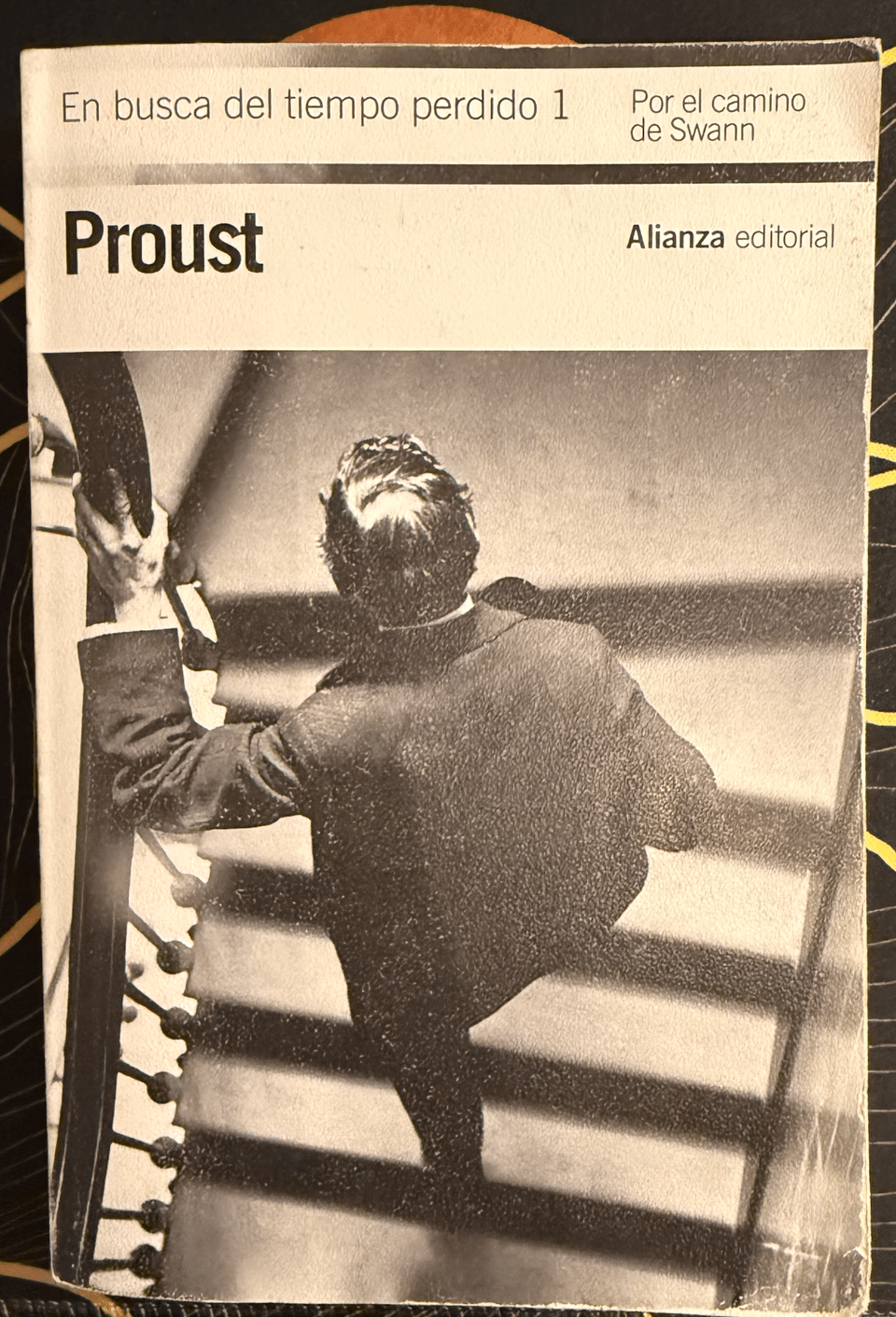The return of time, AI and science
— Essays — 6 min read
On how AI agents will rediscover human curiosity in science
A new age of scientific tension
Science today stands at a paradoxical crossroads: never more powerful, yet rarely more constrained. Our tools are faster, our datasets larger, our models more accurate, but the scientists behind them often feel overburdened, under-inspired, and detached from the very wonder that drew them to the field.
In Dario Amodei’s poetic essay Machines of Loving Grace [1], he imagines a future in which advanced AI systems collaborate with humanity not to dominate, but to care, to gracefully support and extend our biological and intellectual freedoms. In this imagined future, AI doesn't just automate tasks. It returns us to the essence of thinking, to the kind of reflection and curiosity that has fueled every major leap in human understanding.
We must ask: What is all this acceleration for, if not to reclaim the space for insight? What are we building, if not systems that give us back the time to wonder?
The modern ritual of work
For many in science and research, the day-to-day resembles a ritual of optimization. Meetings, pipelines, incrementalism. Long hours of pipetting, debugging, writing code, submitting paperwork, not to explore something unknown, but to meet a metric.
The rhythms of scientific labor are increasingly indistinguishable from those in corporate tech or manufacturing. The problem is not just workload, it’s disconnection. The sense that your work is a sliver in a vast, automated assembly line of outputs. You feed data in. You hope for a result. And when it comes, there’s no time to feel it.
This estrangement is captured hauntingly in the television series Severance [2], where workers voluntarily split their minds in two: one self for the workplace, another for personal life, each unaware of the other. The show is fiction, but the metaphor is real: many researchers today live in mental bifurcation. One part of them dreams, reflects, remembers why they started. The other grinds, submits, optimizes, clocking in to a profession that often feels automated in everything but name.
And this divide is costly. It costs science its soul.
A lost rhythm
Throughout history, scientific breakthroughs have emerged not from speed, but from slowness. From deep attention. From idle wandering.
- Isaac Newton, isolated during the plague, found space to reflect on the nature of motion and light [3].
- Darwin, walking his “thinking path” at Down House, let observations marinate into insight over years [4].
- Alexander Fleming, returning from vacation, noticed the unplanned mold that gave us penicillin [5].
These discoveries happened not in optimized systems, but in spaces of mental freedom, where play, patience, and even boredom allowed the mind to roam into unknown territory.
In contrast, modern science has become performative. Grants reward clarity over curiosity. Publishing favors confirmation over chaos. A brilliant idea that doesn’t fit neatly into a paper or metric is more likely to be dismissed than pursued. The result? A gradual withering of the very spark that made science possible.
AI agents and the return of curiosity
This is why the arrival of intelligent AI agents is so pivotal, not for what they do, but for what they make possible. These systems can synthesize, simulate, read, infer, optimize, but more than that, they can give scientists their time back. Not just hours, but mental presence.
Imagine a world where machines take over the repetition, the analysis, the trial runs, and humans return to intuition, integration, invention. The role of the scientist shifts from operator to orchestrator. From executor to explorer.
This is what Amodei hints at when he speaks of biological freedom [1]. It's not just about reshaping the body, it’s about reshaping the mind. A mind no longer shackled by constant execution. A mind that can afford to wander.
In such a world, science becomes poetic again. Not just in its subject matter, but in its process. A fluid exchange between deep learning systems and deeper human instincts. Between models that crunch and minds that reflect.
Proust, Feynman, and the act of seeing

In In Search of Lost Time, Marcel Proust wrote:
“The real voyage of discovery consists not in seeking new landscapes, but in having new eyes.” [6]
That, in essence, is the opportunity before us. AI may generate new landscapes, millions of proteins, thousands of molecules, endless simulations. But it is up to us to see differently.
Proust teaches us that subtlety is everything. The insight isn’t in the data, it’s in how we attend to it. AI can find correlations. But only a human can assign meaning.
Or, as Richard Feynman put it:
“I can appreciate the beauty of a flower. At the same time, I see much more about the flower than he sees… the cells, the complicated actions inside, which also have a beauty.” [7]
Feynman saw no tension between knowledge and wonder. He saw them as mirrors of the same awe. With AI agents relieving us of mechanical burden, we can return to this kind of seeing. The scientific process as a form of noticing, a poetic noticing, where intelligence is less about output and more about attention.
A fork in the culture
But this future is not guaranteed.
AI systems are malleable, and so is our culture. The danger is that we take these extraordinary tools and apply them only to increase throughput. More papers, more dashboards, more everything. We risk turning science into a logistics platform, where the only measure of success is speed.
The cultural fork is this:
Do we use AI to do more, or to do differently?
We should choose the latter. We should use these tools to build a culture that honors the slowness of insight, the joy of serendipity, the long pauses between breakthroughs. A culture where science feels less like code and more like poetry.
The return of time
This essay is titled The return of time, not in nostalgia, but as a statement of intent.
We lost time to systems. To metrics. To pressure.
Now, with the help of machines, we might win it back.
We might build labs where experiments run overnight and insights rise with the sun, not just because the machine delivered, but because the human had space to notice.
We might create space where a young researcher spends the afternoon walking, running, loving, wondering, instead of coding, because their model ran while they moved, and comes back with an idea no system could have produced.
We might, finally, replace the severance of the scientific mind with its reintegration, the whole person, thinking fully, feeling fully, and wondering deeply.
That is the return of time.
And it may be the greatest discovery of all.

References
- Amodei, Dario. Machines of Loving Grace. https://www.darioamodei.com/essay/machines-of-loving-grace
- Severance, Apple TV+ series, created by Dan Erickson, 2022.
- National Geographic. “Isaac Newton and the Plague.” https://www.nationalgeographic.com
- Herman, A. Darwin Was a Slacker and You Should Be Too, Nautilus Magazine, 2017.
- Discovery UK. “Penicillin: The Accidental Discovery.” https://www.discoveryuk.com
- Proust, Marcel. In Search of Lost Time.
- Feynman, Richard. The Pleasure of Finding Things Out.